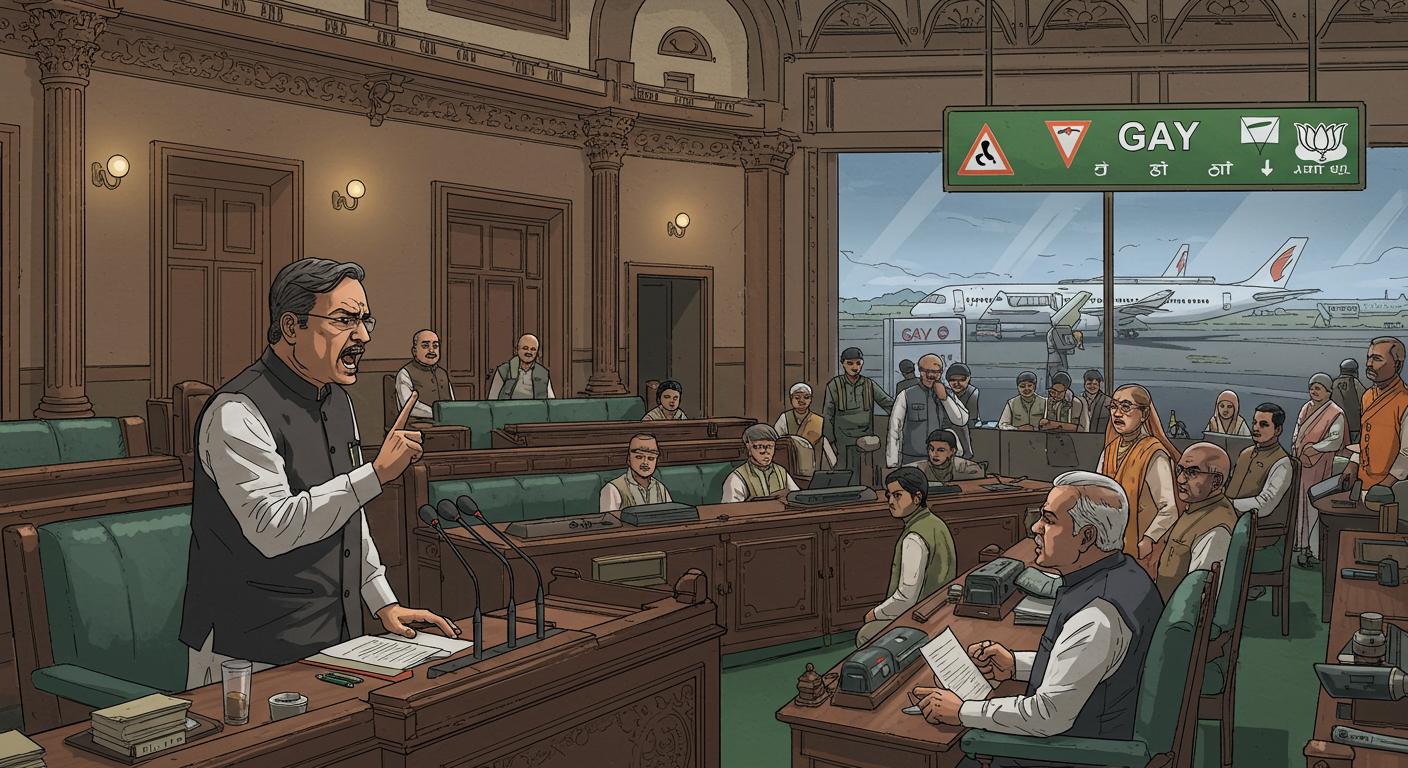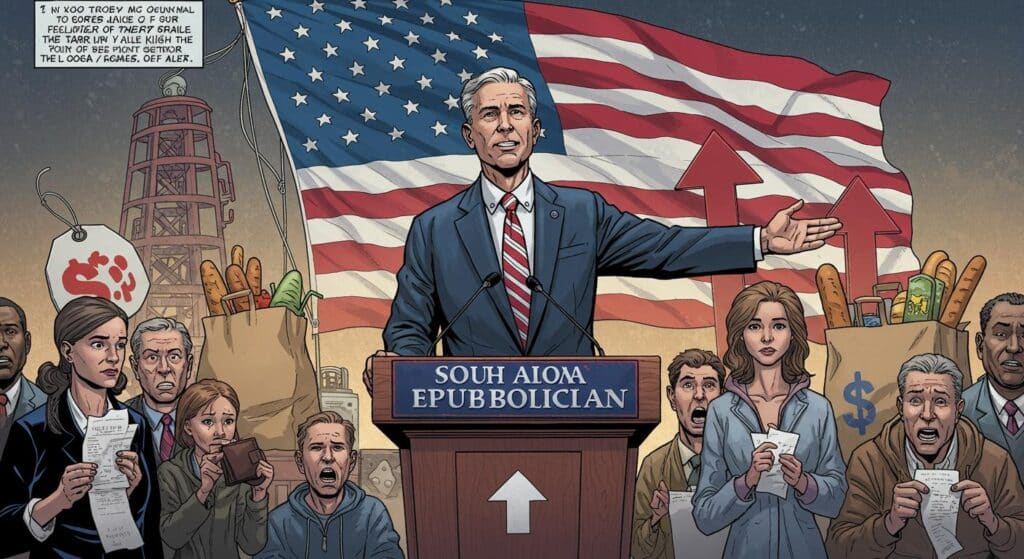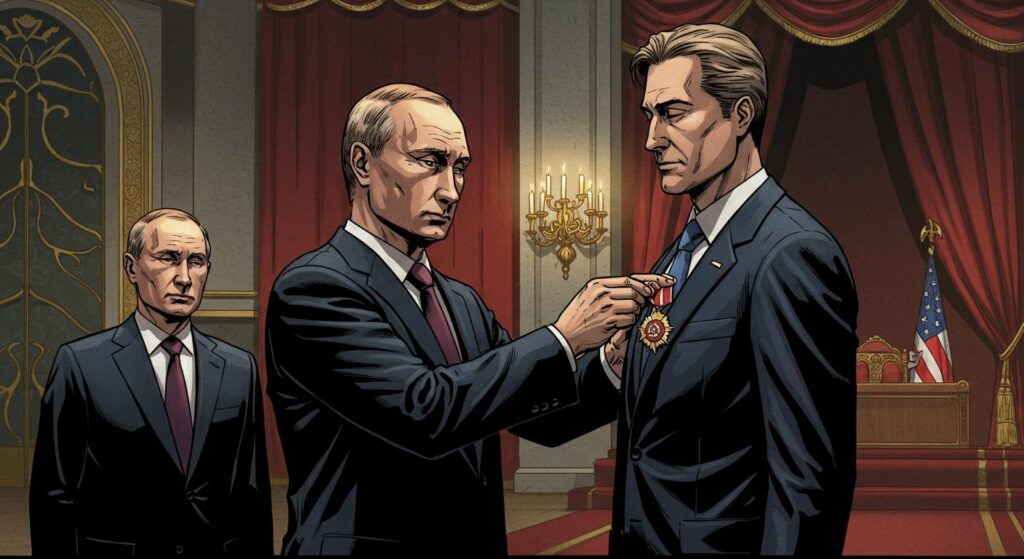There are certain topics that one expects to dominate the halls of government: economic growth, infrastructure, public safety, the occasional campaign for something more divisive. And then, once in a while, an entirely earnest conversation emerges about three simple letters at an airport check-in counter. As chronicled by NDTV and further detailed in The Hindu, a Rajya Sabha member from the BJP recently raised concerns about the airport code “GAY” assigned to Gaya International Airport in Bihar.
If you’re questioning whether there’s been a fresh parliamentary debate on acronyms, branding guidelines, or just nuanced word choice, rest easy—yes, this is truly about an airport code. Specifically, Bharatiya Janata Party member Bhim Singh took issue with whether labeling the gateway to Bodh Gaya as “GAY” is, for some, socially or culturally offensive or at least uncomfortable. Both outlets document Singh’s request for the code to be swapped for something deemed “more respectful and culturally appropriate.”
When Three Letters Spur a Ministerial Memo
The mechanics behind those three-letter identifiers may not be front-page news until a situation like this lands at the Ministry of Civil Aviation. Minister of State for Civil Aviation Murlidhar Mohol, responding to parliamentary questions, offered a straightforward primer: IATA codes, as described in both NDTV and The Hindu, are assigned by the International Air Transport Association, usually riffing on the first three letters of the city or airport’s name—hence, “Gaya” becomes “GAY.” It’s a system that runs more on algorithm than on artistry.
Mohol’s written reply, highlighted in The Hindu’s coverage, clarifies that these three-letter codes, once conferred, are seen as permanent—subject to revision only in matters involving air safety. NDTV’s report corroborates that requests for a name change, even from Air India itself, have been made before. The International Air Transport Association, however, reportedly cited their own Resolution 763: unless there’s an air safety issue, the code sticks.
Earlier in their reporting, NDTV also recounts how repeated appeals to the Ministry of Civil Aviation and the Airports Authority of India have all met the same fate—bureaucratic inertia backed by regulations rather than any overt resistance to cultural sensitivities. So, for now, “GAY” persists on every baggage tag, booking screen, and flight schedule that references Gaya.
Bureaucracy, Cultural Shifts, and Accidental Irony
It’s difficult not to observe the kernel of irony at the heart of this entire episode. Parliamentary proceedings are, as a rule, meant to tackle tangible public needs. And yet, as The Hindu notes, energy was expended exploring whether an airport code could or should be reframed in the service of social comfort. If you were to ask a librarian (or, indeed, an archivist), this is the gentle mayhem that happens when language evolves faster than cataloging systems.
The Hindu adds that the government’s position is blunt: barring an undeniable risk to operational safety, the code “GAY” will remain locked into the lexicon of international aviation. Imagine the alternative: would we soon find ourselves rebranding every airport identifier that happens to double as an adjective, body part, or source of amusement? Would LAX suddenly find itself up for revision, or FUN (FunaFuti International, Tuvalu) be considered too flippant for global travel? The catalogue of problematic codes could fill more than a few committee meetings.
Systems, Sensitivities, and Codified Oddities
This friction between institutional inertia and shifting semantics isn’t confined to India’s airports, of course. Codes and abbreviations are scattered across world infrastructure, usually devised without an eye to possible double (or triple) meanings. Some—like Australia’s “WTF” for Whataroa Aerodrome—have been embraced as quirks. With others, the local context or evolving use of language muddles what was once a straightforward decision.
In this case, it’s not lost on any observer that a question of mild embarrassment escalated, as NDTV notes, all the way up to parliamentary record. But as both outlets meticulously relate, the Ministry seems content to let international regulation and historic procedural logic overrule the subjective discomfort born of social change.
The real marvel here may not be that an airport code could cause a flurry of official letters, but rather the humble reminder it provides: that society’s oddest interludes often happen at the intersection of bland procedure and human interpretation. Fifty years from now, will the “GAY” debate have vanished back into the trivia section of travel guides? Or will a future check-in clerk discover the commotion and smile at its quaintness? For those of us who enjoy a well-catalogued oddity, sometimes it’s best to let the code persist—and watch the systems run, quietly and indifferent to the shade of embarrassment or accidental comedy they produce.







